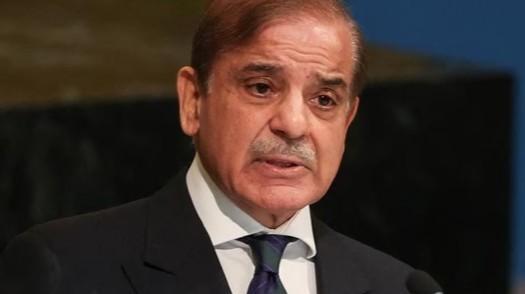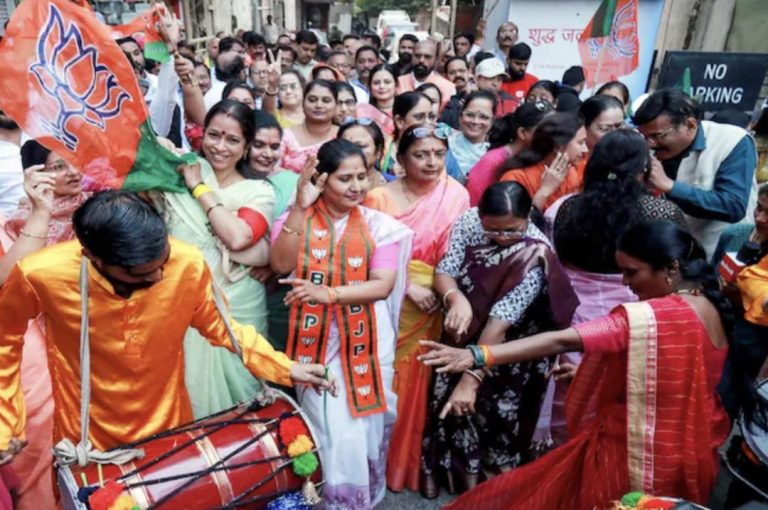
Trinidad & Tobago becomes the first Caribbean nation to adopt UPI
In a significant development for the digital payments landscape, Trinidad and Tobago has become the first Caribbean country to adopt Unified Payments Interface (UPI), India’s flagship digital payment platform. This milestone marks a major milestone in the partnership between the two countries, which has been strengthened through PM Narendra Modi’s two-day official visit to Trinidad and Tobago.
The adoption of UPI in Trinidad and Tobago is a significant achievement for the country, as it enables its citizens to make instant and secure transactions using their mobile phones. UPI is a real-time payment system that allows users to link their bank accounts, credit/debit cards, or e-wallets to make transactions. The platform is known for its speed, security, and convenience, making it a popular choice for digital payments in India.
The agreement to adopt UPI was signed during PM Modi’s visit to Trinidad and Tobago, which aimed to strengthen economic ties between the two countries. The visit was marked by a series of high-level meetings, including a bilateral meeting between PM Modi and Trinidad and Tobago’s Prime Minister Keith Rowley. The two leaders discussed ways to enhance cooperation in various sectors, including trade, investment, and technology.
The adoption of UPI in Trinidad and Tobago is part of a broader effort to promote digital payments in the Caribbean region. The Indian government has been actively promoting UPI and other digital payment solutions as part of its efforts to increase financial inclusion and reduce cash transactions. The platform has already been adopted by several countries, including Bhutan, Nepal, and the United Arab Emirates, making Trinidad and Tobago the eighth country to join the global UPI network.
The agreement to adopt UPI is not the only significant development to emerge from PM Modi’s visit to Trinidad and Tobago. The two countries also agreed to explore further collaboration in the implementation of India Stack solutions, including DigiLocker, e-Sign, and Government e-Marketplace (GeM). India Stack is a set of APIs that enables the creation of various digital services, including digital wallets, e-signatures, and digital locker services.
DigiLocker is a digital locker service that allows users to store their documents and certificates securely. e-Sign is a digital signature service that enables users to sign documents electronically. GeM is an e-marketplace that enables government agencies to procure goods and services digitally. The adoption of these solutions in Trinidad and Tobago is expected to enhance the country’s digital infrastructure and improve the efficiency of government services.
The agreement to adopt UPI and India Stack solutions is a significant milestone in the relationship between India and Trinidad and Tobago. The two countries have been strengthening their ties in recent years, with a focus on promoting economic cooperation and increasing trade. The adoption of UPI and India Stack solutions is expected to create new opportunities for businesses and entrepreneurs, as well as enhance the digital infrastructure of the country.
In conclusion, the adoption of UPI in Trinidad and Tobago is a significant development for the digital payments landscape in the Caribbean region. The agreement to adopt UPI and India Stack solutions is a testament to the strong relationship between India and Trinidad and Tobago, and is expected to create new opportunities for businesses and entrepreneurs. As the world becomes increasingly digital, the adoption of UPI and other digital payment solutions is expected to play a crucial role in shaping the future of finance.





